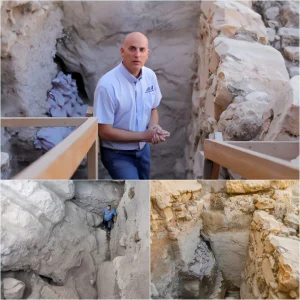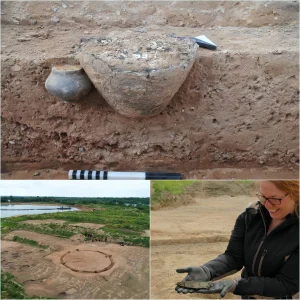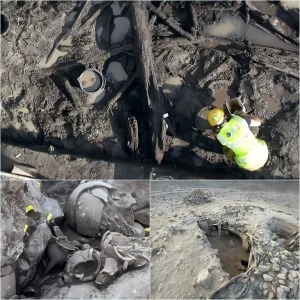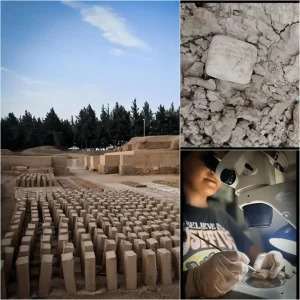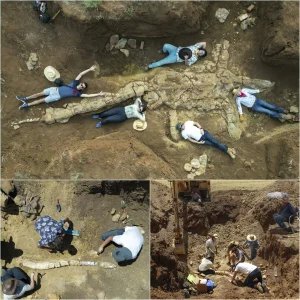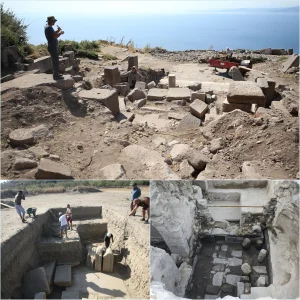The shipwreck you’re referring to is indeed the Antikythera wreck, which has fascinated researchers since its discovery in 1900 by sponge divers off the coast of the Greek island of Antikythera. The find of the Antikythera mechanism within the wreck is particularly remarkable. This ancient device, dated to the 1st century B.C., is considered an early analog computer designed to predict astronomical positions and eclipses.
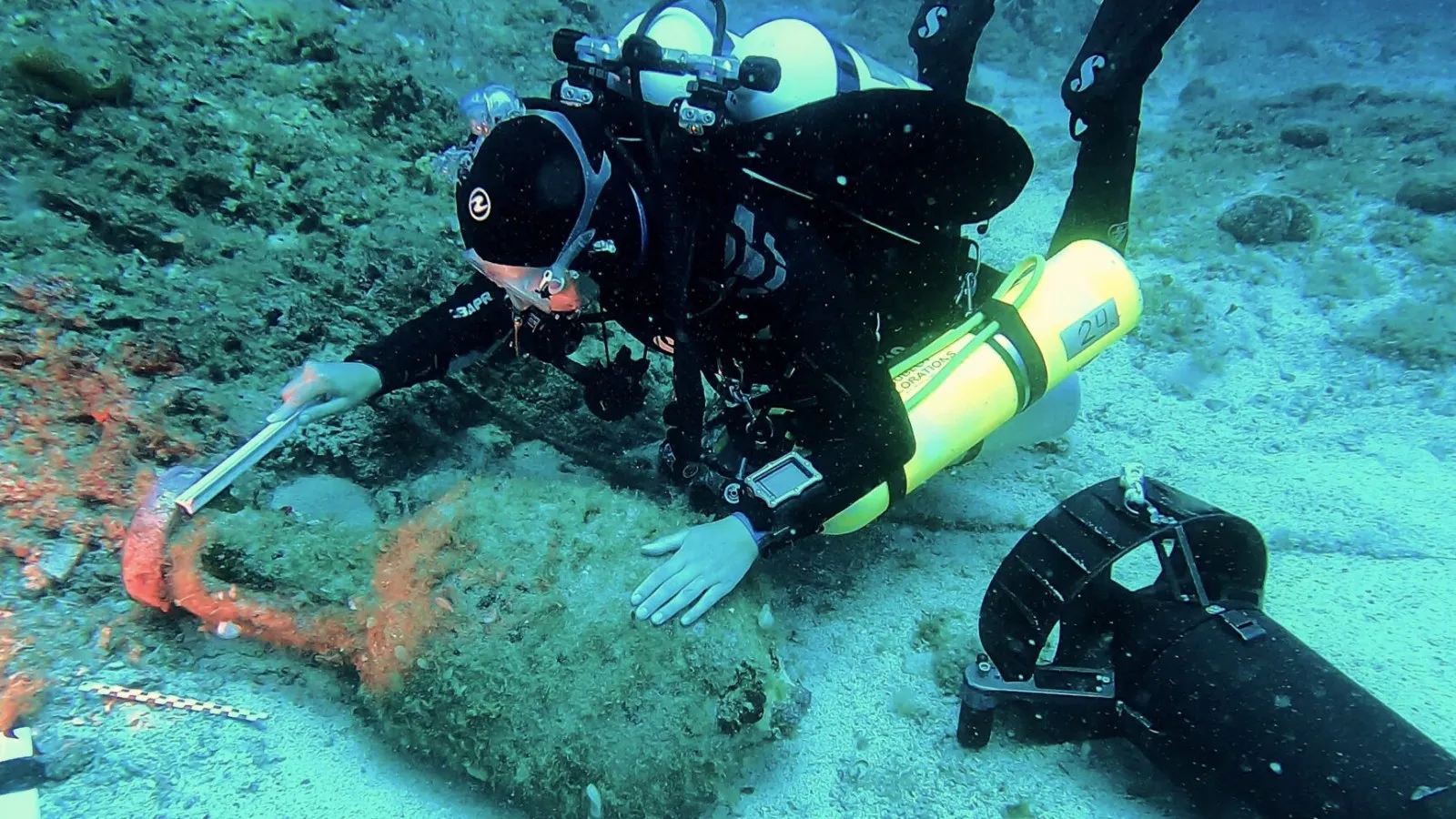
The mechanism’s intricate gears and structure suggest a sophisticated understanding of astronomy and mechanical engineering in ancient times. It’s believed to have been used for purposes such as predicting solar and lunar eclipses, as well as the positions of celestial bodies, which were crucial for activities like navigation, agriculture, and religious practices.
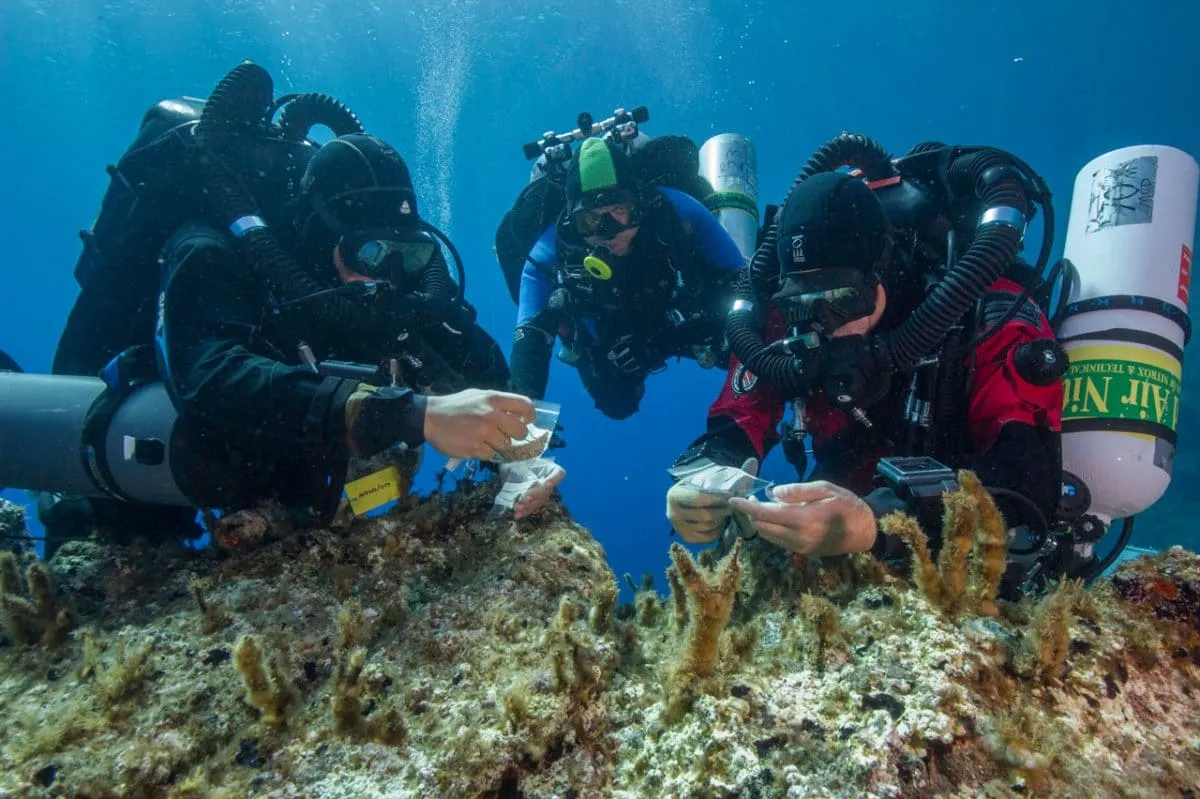
Despite the initial discoveries made over a century ago, the Antikythera wreck continues to yield new insights. Recent explorations and technological advancements have enabled researchers to uncover additional artifacts and pieces of the mechanism itself, enhancing our understanding of its design and functionality. These ongoing efforts underscore the site’s importance as one of the most significant archaeological discoveries, offering a window into the technological prowess and scientific knowledge of the ancient world.
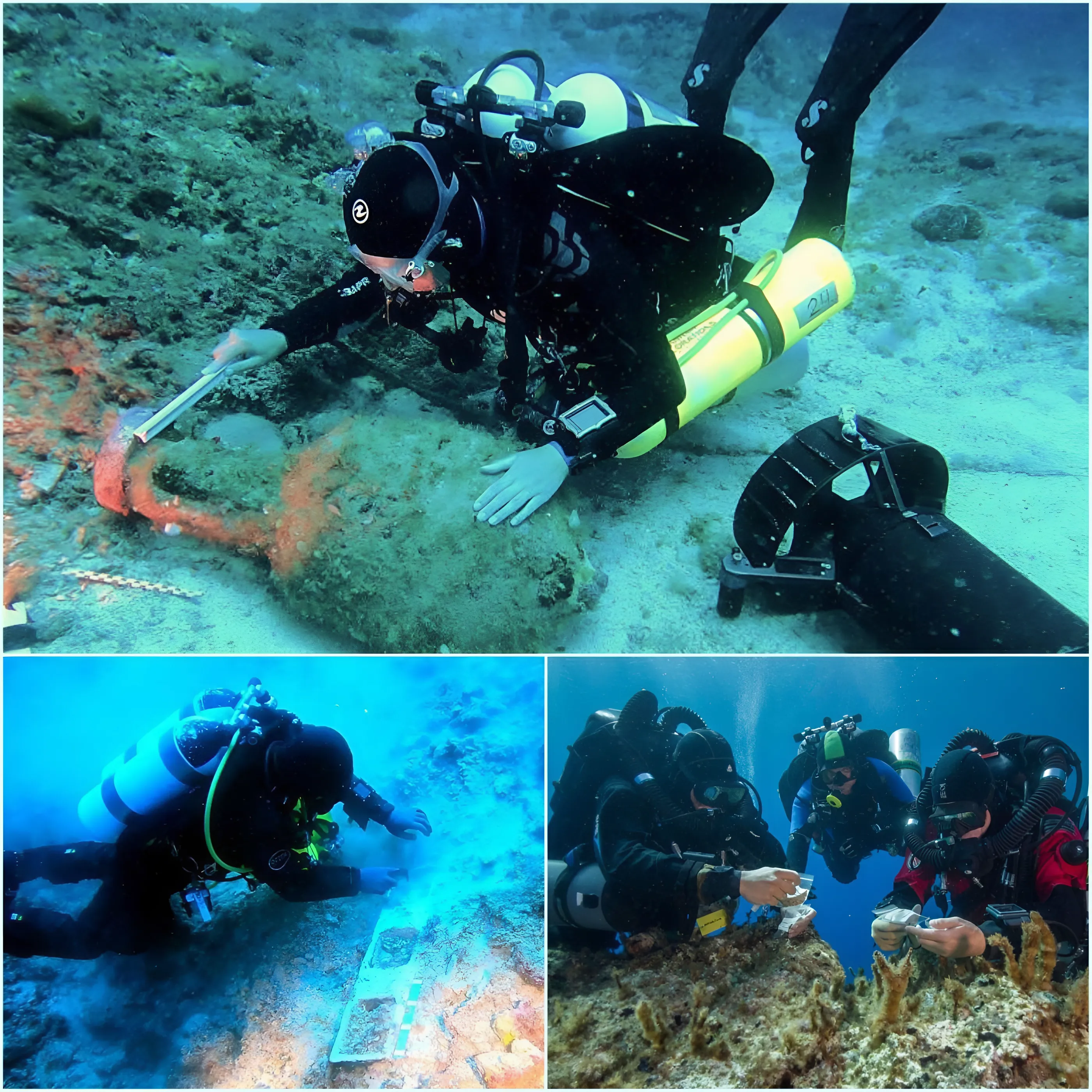
However, the challenging underwater conditions and the remote location of the wreck site have posed logistical difficulties for further exploration. Despite these challenges, the Antikythera wreck remains a focal point for ongoing archaeological research and technological innovation in underwater exploration.
